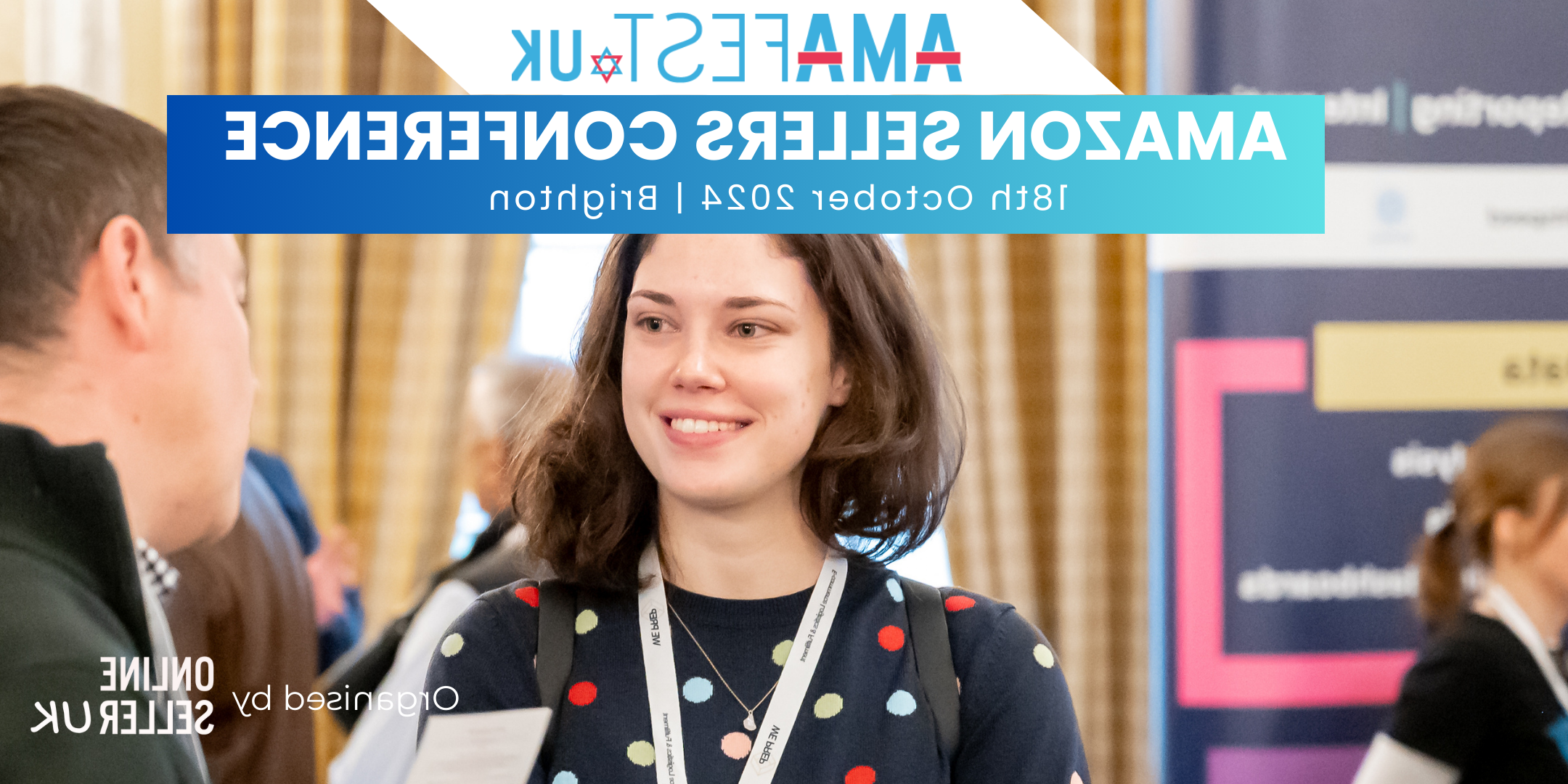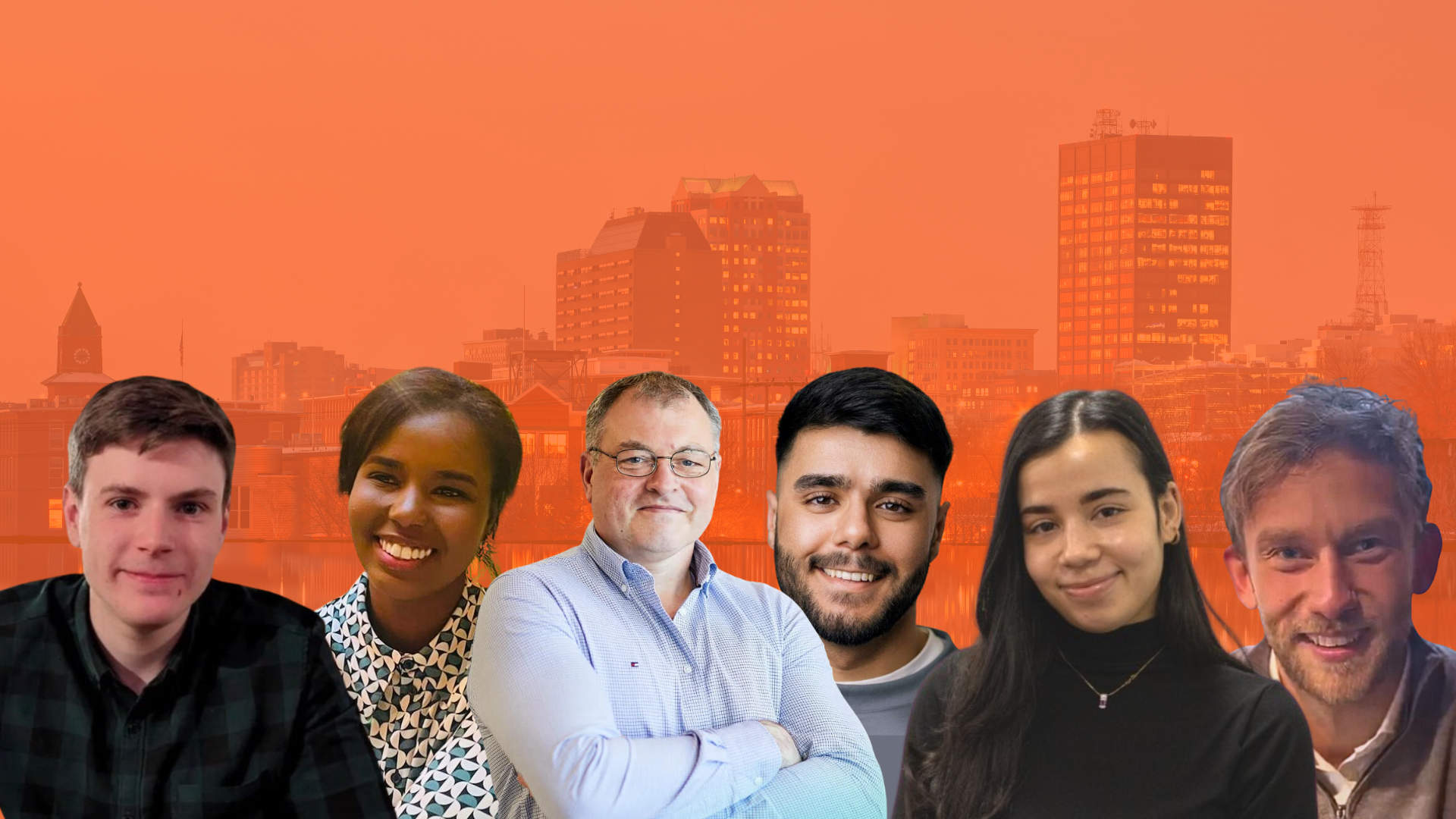
Reason Digital is a digital social enterprise that helps organisations that are trying to do good to succeed digitally.
We thought we'd spend some time with Reason Digital's Head of Partnerships, Helen Stevenson, to discover a little bit more about the company in our latest Senior Tech Talk.
Could you tell us a little bit more about Reason Digital as an organisation and your goals as a business?
We are a digital social enterprise, founded in 2008 by our co-founders, Matt and Ed, who are still directors of the business. In 2008 they noticed that the internet was mostly being used to sell people more things, and they thought that there was a huge opportunity to use the internet and make it do good.
Our mission is to use digital to solve problems that actually matter. So that means that we only work with other organisations that are trying to do good as well. That's predominantly charities, but it can also be other social enterprises and sometimes universities too. We provide everything from consultancy and strategy services, right through to website and app design and build.
Our biggest goal as a business has always been and will continue to be delivering as much social impact as possible through the work we do. So that could be reducing isolation for older people who are lonely through a telephone to a friend platform, or it could be supporting people to apply for Universal Credit through our peer support app.
Our biggest priority is to develop longer term and deeper relationships with the partners that we work with. We think that longer term relationships will have the potential to deliver much greater social impact. If we can work with partners over a longer period of time, we can get digital innovation into the hands of many more beneficiaries that need support.
Would you be able to go into a bit of detail about your role in the organisation?
I have a background in professional services as a management consultant for three years before I joined Reason. I got bored of making rich people richer, and I wanted to do something with more purpose. So I joined Reason Digital two and a half years ago as a project manager
I was then asked to head up a new team that was going to be focusing on building relationships with our key partners. As Head of Partnerships, I lead a team of digital partners who work closely with our clients to offer support above and beyond the project brief itself. Our work ranges from strategic consultancy, like helping clients do business modeling and impact measurement, to supporting the future sustainability of their digital products and services. I’ll also try and showcase the work of our partners, through talks and content pieces.
I’m a member of the Reason Digital Leadership team, working to drive our strategy forward. Our focus is building deeper relationships, building our expertise and making Reason the best place ever to work. I also work with our sales director to drive different elements of our commercial strategy forward, as well as developing new products and services that could support our clients.
What is the most exciting project you've worked on at Reason Digital and why is that?
I love this project and I'm really glad you asked me this!
We worked on a really interesting project with the University of Manchester's biochemistry team. They got in touch and said, "We’re working with a lady that can smell Parkinson's Disease, and we’d like to use digital to scale this."
They had been working with a lady called Joy Milne, and Joy is a super smeller. She discovered this super power almost by accident. She noticed her husband, Les, had developed a musky smell. And nothing he did would get rid of the smell. Quite a few years after she noticed this, he started developing some early Parkinson’s symptoms. She attended a Parkinson’s clinic with him. As soon as she got to the clinic, the smell grew stronger!
She approached a University researcher about her theory, and they gave her a test. They asked five people that had Parkinson's and five people that didn't to wear a t-shirt for a week, and then they did a blind smell test with Joy. She identified six people that had Parkinson's and four people that didn't. So she was mostly accurate….they thought. A year later, the person she identified as having Parkinson’s was diagnosed.
Joy’s now working with the University of Manchester's biochemistry team, and they have been able to isolate the molecules that make up the smell of Parkinson's. By doing that, they've been able to create a diagnostic test - a simple skin swab test that you can be sent back to the lab and analysed to provide an accurate answer.
The Manchester team need to massively scale their research, so they can get the diagnostic test used in a primary care setting. We did a design sprint with the research team, and Joy, over the period of a week to develop a prototype of a digital tool that would simply and consolidate the data capture and analysis for the research. We now have a prototype of a digital solution that would accelerate the research and take a step closer to bringing the test to the NHS.
Every hour, someone in the UK is diagnosed with Parkinson’s. The potential of this project is astonishing, and the most fascinating thing I have ever worked on.
What innovation or new technology do you see on the horizon that might prove to be a game changer for charities or organisations that are trying to improve society?
This is really interesting, because we are starting to see some charities take the first initial steps using new technologies like AI and chatbots.
But I don't think it's going to be a new technology that is going to be the big game changer. I think the biggest innovation will be how charities use existing and emerging technologies in completely new ways.
One key way I can see this working is through partnership working - charities in a similar space, tackling similar social problems working together to innovate using digital. This could be done through emerging business models, pooled budgets, resources and project teams. Digital innovation can get life saving technology into the hands of some. But innovation of business models is the way to really scale your product, and get the technology into the hands of many.
We’ve partnered with four health charities to develop a machine learning solution, that delivers personalised information to people with Parkinson’s, Muscular Dystrophy, MS or recovering from a stroke. This partnership has involved all partners pooling their investments, sharing IP and working as one overall product team. To me, that’s the sort of innovation charities should be pursuing.
When a charity or an organisation partners with Reason Digital, what can they expect?
To be challenged, in the nicest possible way, to think differently about how digital could help them deliver their mission! We get a lot of briefs from clients where they've already jumped to a solution. And for us, that can be quite constraining. When you bring the expertise of charities and their cause area with our digital expertise, we can shape the problem and solution. And deliver something much better.
They can also expect a long term partnership. We don't just stop at delivering a great product or app. We’re always thinking about how we can support them to take the next step with digital? Can we introduce them to a charity facing a similar problem?
And finally our knowledge and expertise of the sector. We recognise that everyone at Reason Digital uses charity services, and we also volunteer for charities too. I’m on the Board of Trustees for Manchester based charity The Together Trust. Other members of staff give up their time for other local causes.
Whenever we're working on projects, we might be wearing three different hats. You might be a service user, a volunteer and a developer. Bringing that all that together allows us to approach the problem in a much more holistic way.
In terms of culture, what is it like to work at Reason Digital?
I came from an organisation that had 18,000 people in the UK and something like 100,000 globally. So going from that to a 40-person social enterprise has been different!
But what sets us apart is a real people-first culture. Decision making is collaborative, and really transparent.
One of the really key things for me is the diversity within the organisation. 50% of our leadership team are LGBT. We've developed initiatives for women’s progression, such as our Women’s Leadership group. We know that we need to improve BME representation across our organisation, and are working to remove any areas of unconscious bias in our recruitment processes.
We have a big focus on staff wellbeing - we have more mental health first aiders than physical! We offer wellness days, and there is an openness to talking about mental health and other things people might have going on in their lives.
What do you think Manchester's technology sector will look like in 10 years and what role will Reason Digital ideally play in that ecosystem?
I think that there is a potential for Manchester to be the biggest digital and creative hub in Europe! We're seeing some huge companies relocate to Manchester, like Amazon Web Services.
If we can continue this snowball effect, and really demonstrate that Manchester's an amazing place to live and to work then we’ll keep heading in the right direction. Personally I love living in Manchester, and have chosen this as my permanent home!If we can keep encouraging homegrown skills development here, whilst attracting talent from elsewhere, we can really move the needle.
In 10 years' time, it'd be great if there were more tech-for-good type companies in Manchester. I think Reason will always maintain a really key role in the Manchester ecosystem in proving that there is meaningful and rewarding work with purpose in the tech space.
Want to raise your profile?
If you would like your business to feature on our website, across our social media and newsletter, contact thom@4dian8.com to arrange a chat.









